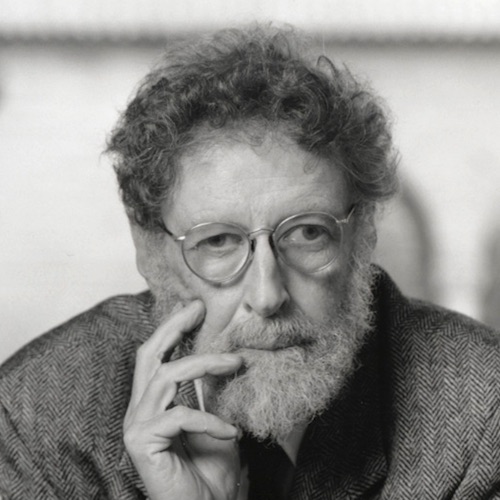Throughout modern history, the management of interdependence and its threats has generally been assigned to the charismatic national states (with monopolies over mortal violence). With actual and perceived global interdependence, this solution has broken down.

John W. Meyer
Stanford University
John W. Meyer is Professor of Sociology, and by courtesy, Education, emeritus, at Stanford. He has contributed to organizational theory, comparative education, and the sociology of education, developing sociological institutional theory. He has studied the national impacts of global society (some papers are collected in Weltkultur, Suhrkamp, 2005; a more extensive set is in Kruecken and Drori, eds., World Society: The Writings of John W. Meyer, Oxford 2009). One collaborative study examines worldwide science and its national effects (Drori, et al., Science in the Modern World Polity, Stanford, 2003). More recent collaborative projects are on the organizational impact of globalization (Drori et al., Globalization and Organization, Oxford 2006; Bromley and Meyer, Hyper-Organization: Global Organizational Expansion, Oxford 2015). He now studies the world human rights regime, world curricula in mass and higher education, and the worldwide expansion of formal organization. He is a member of the National Academy of Education, has honorary doctorates from the Stockholm School of Economics and the Universities of Bielefeld and Lucerne. He received the Academy of Management award for lifetime contributions to organization theory; the American Sociological Association’s section awards for lifetime contributions to the sociology of education, and to the study of globalization; and the Association’s du Bois award for overall lifetime contributions to sociology.